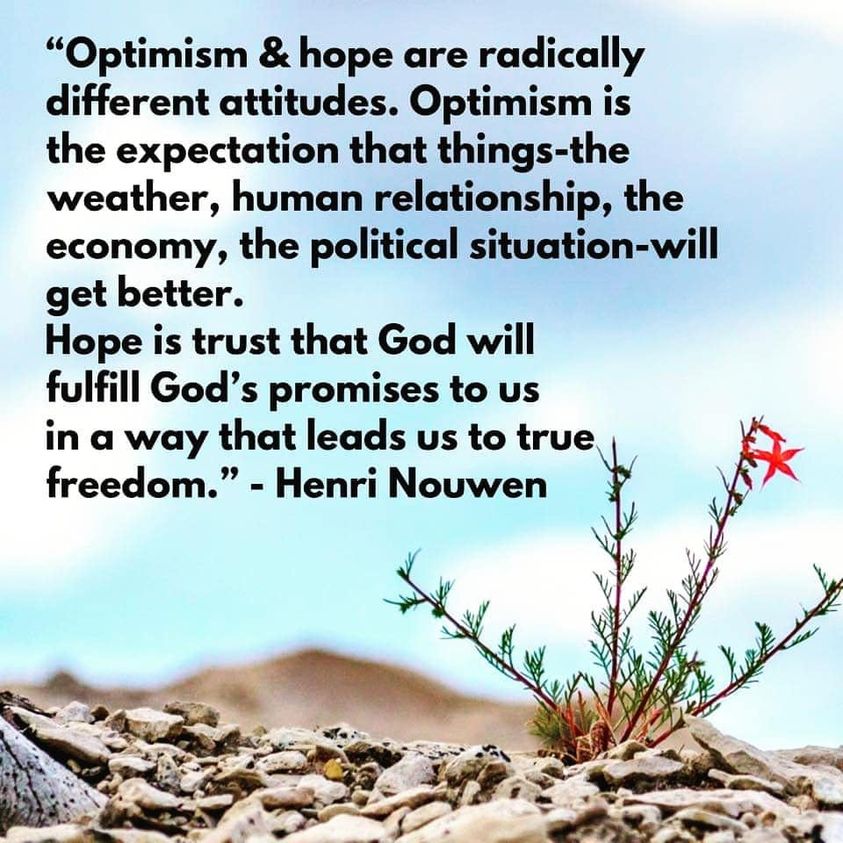The players in the Christmas narrative living with expectancy.
Psalm 84:11, The beginning of Bill & Sue

Psalm 84:11
Our good friends from college, Bob and Patricia, were the first to bring this verse to our attention on the the card that accompanied their wedding gift. Then card, after card, after card came with the same verse written on the bottom. Even Karen made a calligraphy of it that stood on our piano for many years. We knew God wanted our attention.
Our attention was the first step. This verse has come alive in deeper ways as I’ve prayed for other difficult things our family and friends are experiencing.
What stood out to us 48 years ago were the words, no good thing does the Lord withhold. Our wedding coincided with our first ministry years. We were in the very beginning stages of raising our support while Bill worked part time for Orkin and I served in the Navigator office. Our check book almost zeroed out at the end of each month. They were hard days. We desperately needed to know that the Lord would not withhold good which in those years we defined as finances.
God is faithful. We have heat in our home , bread on our table, and so much more!
After 48 years of quoting that scripture to myself, the wealth of its truth is transforming and leading me into 2021.
Psalm 84:11 is an identity verse. It’s not speaking about those who do something, rather those who are something; they walk uprightly . They are the righteous ones, the ones greatly loved. For those righteous ones, the Psalmist offers wonderful promises.
God is our sun. The light of the sun leads us on the path of life. Psalm 16:11 explains this more  deeply. God’s path is joyful and offers pleasures forevermore. God gives the light of life. Psalm 23 tells me that God leads me in the path of righteousness.
deeply. God’s path is joyful and offers pleasures forevermore. God gives the light of life. Psalm 23 tells me that God leads me in the path of righteousness.
Often I wonder, what is God’s will. What is the right path? I wonder that for our adult children these days and pray for them, God show them your will, your path for them which sometimes seems dark to me. As I pray God reminds me, He is the sun. He provides light. Rest in that truth, Sue!
God is our shield. God provides protection. I am so thankful. It is too easy for me to charge ahead with a decision, not understanding what God might want. Even in the midst of my charging, God is protecting.
God bestows favor. Favor — this word has taken on deeper meaning in the last month as I’ve been meditating of Luke 1:28 and what Gabriel communicated to Mary. He called her favored one. The same Greek word is used in Ephesians 1:6 translated beloved.
God bestows honor. Because these are given to the righteous, they will not be turned into a source of pride. Honor often comes in the form of affirmation. I’m learning that affirmation helps me own who God created me to be.
Several years ago, a man I greatly respect said to me, Sue, you need to trust God for a national ministry. Nice thought, I thought. But I didn’t believe his affirmation. I also never forgot it. God bestowed honor on me through our friend. It took about 15 years before I really heard those words and owned them.
No good thing does he withhold. Good things are so much more than finances. I often squirm when I hear the ditty, God is good all the time; all the time God is good. Not that I don’t agree, rather I wonder, is the speaker trying to convince her (him) self of its truth. Or have they really stopped to think how they are experiencing it. In 2021, I want to experience the goodness of God, believe it, and be able to label it.
I will continue praying this verse regularly and looking to see God’s truth worked in my life. Will you join me?
Copyright, Sue Tell, January 2021
My Christmas Story, My Foundation for 2021

I was 6 months old my first Christmas, the first grandchild on Dad’s side and the first granddaughter of Mom’s side. I was a special gift to my family. I was loved. That never changed. These are Mom’s parents.
As I grew the secular Christmas celebration inter-twined with the sacred. There was no confusion — both were Christmas.
The traditions of the Christmas Eve Candlelight service, singing Silent Night and Joy to the World flowed right along with the tradition of Santa, gifts, stockings, and a very special family dinner. All were Christmas. I loved it all.
 Gradually, slowly, like the sunrise at dawn, there was a dawning in my heart. The sacred that Christmas celebrated became for me the truth of Christmas. More than the love I experienced as a baby, I now experienced a new love, a deeper love, an everlasting love, a love accompanied by purpose.
Gradually, slowly, like the sunrise at dawn, there was a dawning in my heart. The sacred that Christmas celebrated became for me the truth of Christmas. More than the love I experienced as a baby, I now experienced a new love, a deeper love, an everlasting love, a love accompanied by purpose.
The traditions of Santa, gifts, stockings, and that special dinner continued. I still love these pieces of Christmas. But now, the reason we were celebrating and giving gifts led.
Christmas is a grand and true story.
Christmas invites many players, players like me and you who keep telling the story.
Christmas invites me and you, like Mary, to consider, reflect, wonder, and respond.
How am I playing my part?
How will I play my part in 2021?
How will you play your part in 2021?
I’m pondering these questions. Each Thursday in January right here on Echoes of Grace, I’m going to share a piece of my answers,
answers I’m realizing that were born in the midst of hards,
answers grounded in 4 different scriptures,
answers helping me discover God’s heart for me,
answers that are leading me to my word for 2021.
I hope you’ll come by each week and follow this unfolding story.
One thing I know, I want to keep my focus on THE LIGHT, just like my 8 month old GRANDdaugher, Leah.

“Mary responded, ‘I am the Lord’s servant…'”
Luke 1:38, NLT
“The steadfast love of the LORD never ceases;
his mercies never come to an end;
they are new every morning;
great is your faithfulness.”
Lamentations 3:22,23
May you experience his new every morning mercies in 2021!
Copyright, Sue Tell, December 2020
Waiting … Advent 2020
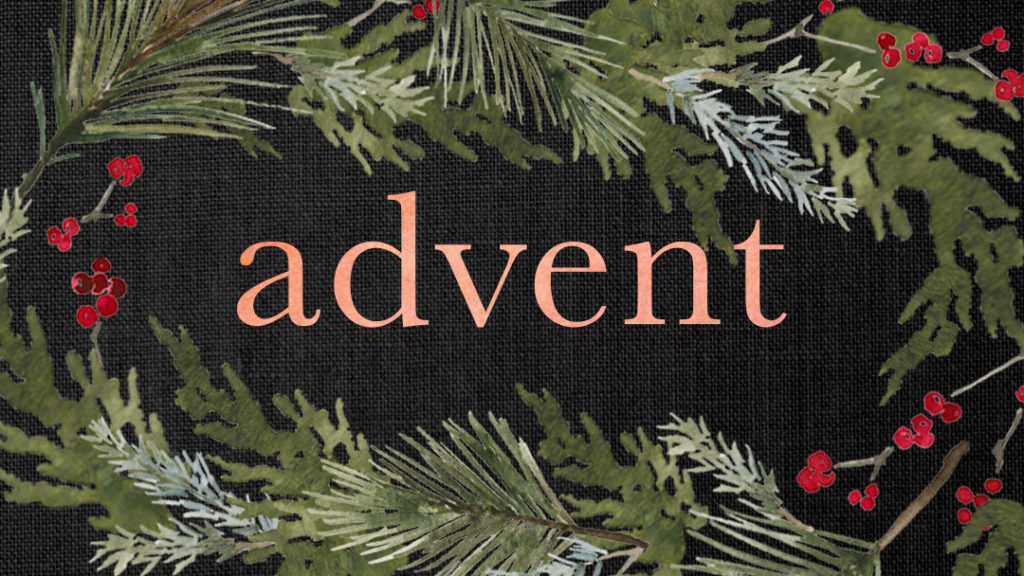
Journeying to Christmas
December 24, 2020. It’s almost Christmas.
Mary plays a leading role in the Christmas narrative. I want to learn from her. So I’m listening to God through the life of Mary
Mary was personally promised the gift of advent. With that promised gift, she also received the gift of waiting.
Waiting was familiar to this young Jewish girl. For many years the Messiah had been promised. For years the people of God waited, and waited, and waited.
Then the message of the angel Gabriel came to Mary …
“Don’t be afraid, Mary … you have found favor with God!
You will conceive and give birth to a son,
and you will name him Jesus.
He will be very great … the Son of the Most High.”
excerpts from Luke 1:30-32, NLT
The waiting moved to the next chapter. Nine months of fear-filled waiting. Gabriel was wise to say, don’t be afraid. How would she tell her mother? Her mother who was busy helping her be ready for the consummation of her marriage to Joseph. How would she tell Joseph? Would he divorce her? And oh the anticipated shame the community would heap on her.
I imagine that Mary’s response to Gabriel, “I am the Lord’s servant. May everything you have said about me come true” didn’t cancel her fears. Luke 1:38. Even her song of praise recorded a few verses later didn’t negate fear as she waited. Mary was human.
The climax of the waiting, Jesus is born.
The shepherds leave their sheep and run to Bethlehem to meet the promised Messiah.
Eight days later the baby was circumcised and publicly named Jesus. Simeon, a devout older man who had been eagerly waiting for the Messiah came to the Temple and took Jesus in his arms and proclaimed, “I have seen your salvation,” Luke 2:30.
Anna was there also. “and she began praising God. She talked about the child to everyone who had been waiting expectantly for God to rescue Jerusalem.” Luke 2:38.
Wise men came to pay homage to the newborn king. Matthew 2:1 and 2.
And Mary pondered, wondered about, and treasured all these things in her heart. And waited.
In the waiting there was confusion and scary hard times. Twelve years later at the Passover festival in Jerusalem, unbeknownst to his parents, Jesus didn’t immediately return to Nazareth with them. He stayed behind in the temple to listen to the rabbis, to ask questions. His parents didn’t know what to think. “Son, why have you done this to us? Your father and I have been frantic searching for you everywhere.” Luke 2:48.
The waiting continued. It was a full 30 years before Jesus performed his first miracle.
Mary was familiar with waiting. Did her faith falter in those years? How did she pray? Did she doubt? She knew the holy scriptures. God’s love is everlasting (Jeremiah 31:3); God does not withhold good (Psalm 84:11); God’s presence is promised (Isaiah 41:10); God’s peace is available (Isaiah 26:3). And Mary was human. Waiting is hard!
I too am waiting; praying; wondering; living with confusion, a pandemic and all the hard things it brings with it. I too know the promises of the scriptures, not just the old testament, but the new testament as well. Yet still, waiting is hard, very hard.
The words of Peter Salmon, pastor of Trinity Church in Cedar Falls, Iowa put waiting in perspective for me last December. In his sermon, Waiting for Christmas, he said,
“God will make our waiting worth it:
By overshadowing our waiting with His glory.
By using it to bring hope to others.
By accomplishing the impossible in us and through us.”
Also he noted, “What we are waiting for changes our willingness to wait.” Thank you Peter for your hope filled waiting words.

MERRY CHRISTMAS!!
Originally published December 19, 2019, God’s Gift of Waiting.
Copyright, December 2020, Sue Tell
Come And Have Breakfast – Advent 2020

“Jesus said to them, ‘Come and have breakfast.'”
John 21:12 (italics mine)
John 21:4-13 records the third time Jesus appears to his disciples after the resurrection. The disciples had returned to what they knew, fishing. But this was a frustrating night–no fish.
Jesus knew. And he recognized the perfect opportunity to love his disciples well.
“At dawn …” (verse 4). Jesus waited for the right time, the time that he knew the disciples would be frustrated. These professional fishermen had caught nothing all night. I imagine they were feeling discouraged.
“Jesus said to them, ‘Children, do you have any fish?'” (verse 5). Jesus initiated toward his disciples, his followers, his children.
“He said to them, ‘Cast the net on the right side of the boat,'” (verse 6). Jesus guides them to the success. He knew what was important to them.
“When they got out on land, they saw a charcoal fire in place, with fish laid out on it, and bread.” (verse 9). Jesus was ready; he served them. He knew they would be hungry.
“Jesus said to them, ‘Bring some of the fish that you have just caught.'” (verse 10). Jesus honors them. He acknowledges their hard work, their obedience, and their ability to contribute to the breakfast.
“Jesus said to them, ‘Come and have breakfast.'” (verse 12). Jesus invites them. Oh how good those words must have sounded to the disciples. Perhaps they heard …
Come, I’m ready for you; breakfast is prepared.
Come, be nourished.
Come, be with me.
Come, so I can be with you.
Come, enjoy.
Come, relax.
Come and rest. Your work for the night is done.
Advent, Christmas is coming. In this season of the good news of great joy, I too can identify with the disciples. Like them, I am a child of God. And like them, my normals can frustrate. I’m not making the progress I want to make. And in the midst, Jesus is here and Jesus offers me the same invitation,
Sue, come, I’m ready.
Sue, come be nourished.
Sue, come be with with me.
Sue, come, I want to be with you.
Sue, come enjoy.
Sue, come relax.
Sue, come and rest.
My heart is to respond. Yes, Jesus, thank you for your invitation. I’m coming. I want to have breakfast with you. I feel so cared for, overwhelmed, thankful, wanted, loved, humbled, and so much more.
“We can only be said to be alive in those moments
when our hearts are conscious of our treasures.”
Thornton Wilder
May all our hearts be conscious of the treasure were offered this Advent.
Originally published December 7, 2017; part of a series on the Invitations of Christmas.
Copyright, December 2020, Sue Tell
Joy is a Christmas Word – Advent, 2020
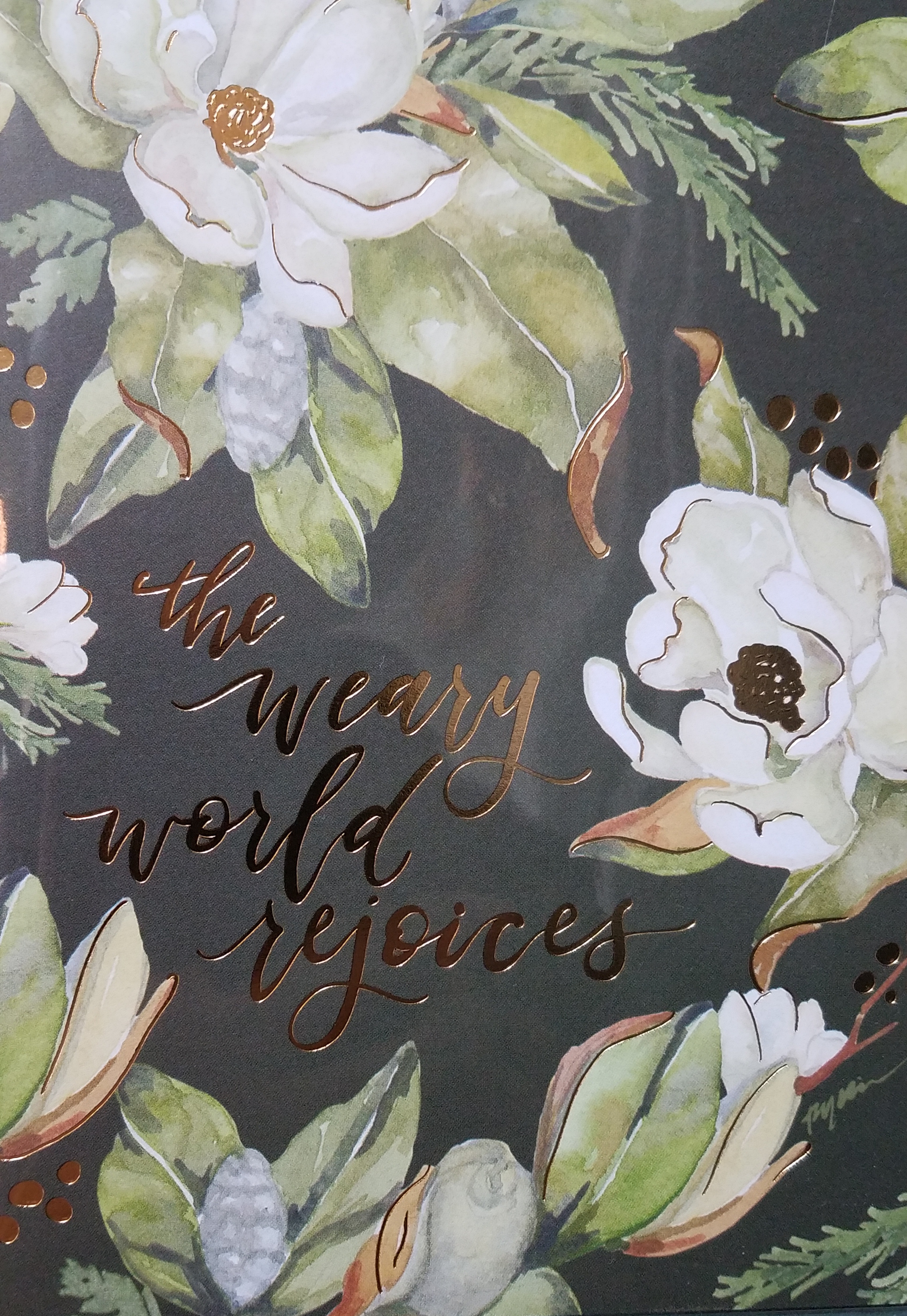
artwork by Ruth Chou Simons
May these amazingly appropriate four words from the well-known Christmas hymn, O Holy Night, be true of us as we celebrate Advent this year.
2020 has left us weary, but as children of God it cannot rob us of joy. My friend Ros said it this way …
Joy is an emotion of the Kingdom
As Kingdom citizens, joy is a gift to us.
- Joy is a fruit of the Spirit.
“But the fruit of the Spirit is love, joy, peace,
patience, kindness, goodness,
faithfulness, gentleness, self-control;
against such things there is no law.”
Galatians 5:22, 23
Joy is not something we need to conjure up. Joy is a fruit of who we are. What are your keys to experiencing joy in the midst of the weary?
2. Joy is not based on our circumstances. Joy is a choice.
“Though the fig tree should not blossom,
nor fruit be on the vines,
the produce of the olive fail and the field yields no food,
the flock be cut off from the fold and there be no herd in the stalls,
Yet I will rejoice in the LORD; I will take joy in the God of my salvation.”
Habakkuk 3:17, 18
How do you keep your eyes on God in the midst of disappointing circumstances?
3. God’s always presence with us is a cause for joy.
“For you make him most blessed forever;
you make him glad with the joy of your presence.
For the king trusts in the Lord,
and through the steadfast love of the Most High he shall not be moved.”
Psalm 21:6, 7
Joy is based on trust. What does it look like for you to trust God’s steadfast love and experience joy?
4. Joy leads to hope.
“May the God of hope fill you with all joy and peace in believing,
so that be the power of the Holy Spirit you may abound in hope.”
Romans 15:13
Believe is the verb form of the noun trust. So joy and peace come because of our trust and leads to abounding hope! What would it look like to be filled with joy and peace that lead to hope?
Joy is a Christmas word.
Joy is the emotion of the kingdom.
May our emotions reflect the reality of joy this Advent.
Originally published December 6, 2018 as part of my series on Christmas Words.
Copyright, Sue Tell, December 2020
Permission to Pause, Advent 2020
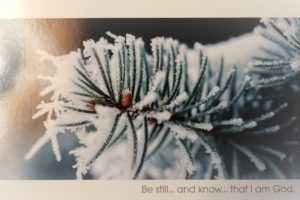 In my former life I taught 3rd grade by day and was involved in campus ministry at Western Michigan University by night.
In my former life I taught 3rd grade by day and was involved in campus ministry at Western Michigan University by night.
Classroom – Eat
Campus – Sleep
Repeat.
It was great. I had the energy of a 20-something and the conviction that I was participating in important kingdom work. And I was.
Thirty miles on the I-94 corridor bridged the two five days a week. It was my adult time (if you consider a 20-something an adult) between the 8 year olds and the 18 year olds. With the three others in my carpool we debriefed and solved the world’s problems during that daily commute. It fed my extrovert nature and helped on the financial end.
As my third year of teaching began, I sensed the need to drop the carpool. Something (someone) whispered, Sue your biggest need is 30 minutes of quiet. No conversation, no radio, no cassettes, just quiet. That was new. I listened.
Some days I used that quiet to pray; other days to review scripture; sometimes I just looked at the trees; and some days I did nothing but drive. It was good — I gave myself permission to pause.
Advent, a time of anticipation; Christmas is coming, and a permission to pause.
How will I spend these days? Like my first two years of teaching robotically moving from one thing to the next or like my third year giving myself permission to pause.
The angel’s message to the shepherds was “Glory to God in the highest, and on earth peace among those with whom he is pleased!” Luke 2:14 (bolding mine)
As I remember Advents past, this rebukes and challenges. As a child of God, peace is mine. The question remains, how do I experience that which is already mine?
By giving myself permission to pause.
This Advent season, I’m propping my day with two pauses:
My morning pause: With my steaming cup of coffee, I’m taking time to sit and enjoy the beauty of December. I’m reviewing my trust journal; I’m reading a piece of the Christmas story. This pause lends perspective, wisdom, and peace.
My evening pause: This time my mug holds decaf tea or sometimes just plain hot water. I’m often enjoying a favorite Christmas novel.
My Echoes of Grace pause: Echoes will be alive during Advent with an almost new post each Thursday. I’m learning I often hear from God best by remembering and reviewing his words to me in the past. So I’m bringing back and updating previous Advent posts. I hope you too will hear from God as you read and ponder the thoughts on Echoes.
This Advent, what would giving yourself permission to pause look like?
How might it change your enjoyment of the Christmas season?
Advent is a season pregnant with hope and expectancy, weeks of preparation for contemplating and then receiving the miracle of Jesus’ birth. Advent welcomes the incarnation into every home of those who celebrate it, but along with it there is the tension about the choices we must make. Will busyness define how we wait for Jesus to come? Or will quiet contemplation be our sweet surrender while we wait? Similarly, Sabbath asks not, “What will you give up for him?’ but “How will you wait for him to come?” Shelly Miller, Rhythms of Rest.
“For to us a child is born, to us a son is given:
and the government shall be upon his shoulder,
and his name shall be called
Wonderful Counselor, Mighty God, Everlasting Father, Prince of Peace.”
Isaiah 9:6
Originally published December 1, 2016, “…And On Earth Peace”.
Copyright, December 2020, Sue Tell
A Psalm for Thanksgiving
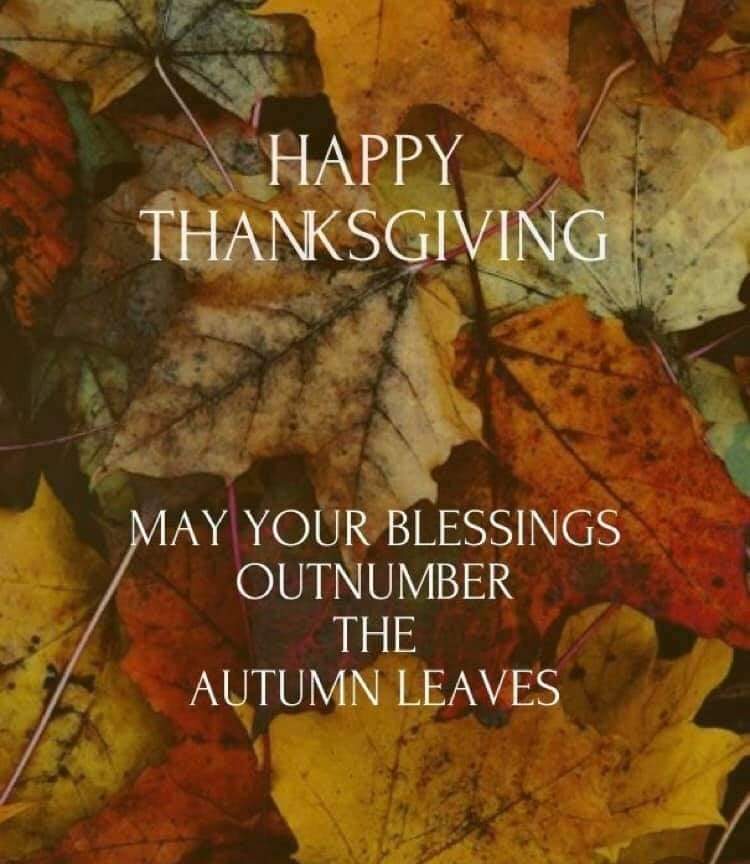
A Psalm for Thanksgiving
Psalm 136
“Give thanks to the LORD, for he is good,
for his steadfast love endures forever.
Give thanks to the God of gods,
for his steadfast love endures forever.
Give thanks to the Lord of lords,
for his steadfast love endures forever.
…
23. It is he who remembered us …
for his steadfast love endures forever;
24. and rescued us ….
for his steadfast love endures forever;
25. he who gives food (provided) …
for his steadfast love endures forever.
26. Give thanks to the God of heaven,
for his steadfast love endures forever.”
(Italics and parentheses are mine.)
My friend Diane pointed me to this Psalm. Thank you! I found it to be the perfect words in this Thanksgiving season. It was a new way to remember my story, to remember God’s steadfast — or as the New Living Translation records, God’s faithful love — on my behalf.
Verses 23 – 26 particularly stood out inviting me to ponder how He (God) remembered, rescued, and provided for me. I’m sharing more specifically in the comments section.
I invite you to read and wonder over the words of Psalm 136. Think about how your story fits into God’s grand story so succinctly recorded for us here.
Let’s encourage each other by recording your thoughts in the comments like I did. God speaks to each of us uniquely. And I know we’ll hear from God through each other’s words.
Truly, may your blessings outnumber the autumn leaves this Thanksgiving.
“Give thanks to the LORD, for he is good,
for his steadfast love endures forever.”
Psalm 136:1
Copyright, Sue Tell, November 2020
Thanksgiving Is Coming

In this season of very hard stuff mingled with thanksgiving, my thankfulness list keeps me grounded.
I’ve learned much by sitting and listening to God. If you’ve been reading Echoes of Grace, you have heard many of my ponderings.
All of those ponderings could fit into these three categories:
- God loves me personally and unconditionally. His love was not something I earned, it was God’s heart and his gift to me. I just became aware of it. I love Paul’s words in Ephesians 1:4. “Long before he laid down the earth’s foundations, he had us in mind, had settled on us as the focus of his love.” As rendered by Eugene Peterson in The Message. God settled on me, on you, as the focus of his love. WOW!
- God’s purpose for my life is wrapped in his love. Another way to say that is God’s purpose for me and his love for me are two sides of the same coin. Ephesians 1:5 speaks loudly of that. “In love he predestined us for adoption according to the purpose of his will.” ESV
- God himself keeps the responsibility for my purpose in his court. This is very encouraging. Psalm 138:8, “The Lord … will fulfill … his purpose … for me; your steadfast love, O Lord endures forever. Do not forsake the work of your hands.” ESV And do you see it? His purpose for me is wrapped in his love.
I am very thankful.
My friend Cheri oiled my thinking. My thanksgiving list expanded.
Our stories are not finished yet. Thank you God.
God’s mercies are new every morning. Yes and thank you.
God is at work even when I’m unaware. Phew, what a relief. Thank you.
God knows my name AND has given me a new name for me to mature into. His new name defines me. Thank you, thank you, thank you.
All this leads me to some thanksgiving questions …
Am I truly trusting these truths or am I merely connecting with them intellectually?
Is my thankfulness leading me to rest in the security of these truths?
Am I experiencing God at work on my behalf every morning?
Do I know God’s name for me?
What eternal truths are you thankful for?
What quality of God speaks most loudly to you this Thanksgiving?
What questions do these truths raise for you?
How do you allow these truths to transform you?
Copyright, Sue Tell, November 2020
An Open Letter to My Granddaughters
God is writing an amazing story through your lives, my GRANDdaughters.
Dear Ashlyn, Naomi, and Leah,
You are living in days when women are in the spotlight, their names lighting up the national news with new career opportunities, new political positions, and their social media feeds announcing their influence by counting their followers.
Jesus never asked us how many people were following us; he asks us to follow him.
“Follow me, and I will make you fishers of men [or women]”
Matthew 4:19
“If anyone serves me, he must follow me; …
If anyone serves me, the Father will honor him.”
John 12:26
People’s dreams, gifts, abilities, capacities, visible positions, and fame may lead to lots of followers, but truly there is something greater.
God’s destiny for you is greater than any position.
Life is about living out your God-ordained destiny as his child.
“How great is the love the Father has lavished on us [you] …
that we [you] should be called the children of God.”
I John 3:1
“In love he predestined us [you] for adoption
according to the purpose of his will.”
Ephesians 1:5
Your destiny is far greater than your potential.
- Ashlyn, 13 and Willow
- Naomi, 8
- Leah Jane, 6 months
Each one of you is a gift to our family and I love you all so much. You have much in common with each other and you are also wonderfully unique.
God knit each of you to together in your Mother’s womb with the wonderful pattern he’d been planning since before the world began. He formed your inward parts, your personalities, your gifts, your desires, your abilities your contributions, your destiny. You are fearfully and wonderfully made!
Ashlyn, your are artistic, athletic, and musical. I love your beautiful smile and your enjoyment of life. You are both quite brave and aware of your need of security, such a good combination. Your tender heart has been obvious since you were a little girl and caring for your baby dolls. It has grown into your love for the pups in your life, Willow and Charlie. I love praying Psalm 100 for you.
Naomi, I love both your strong will and your tender heart, a combination that shows itself so well as you play with your brothers and boy cousins. And the tenderness toward the Lord and toward baby Leah is a gift to everyone. Like your namesake in the book of Ruth, you are kind. Love is kind (I Corinthians 13) and you love well. Your name means pleasant which reminds me to pray for you that you would realize that “your boundary lines have fallen in pleasant places”, Psalm 16:6.
Leah, I’m still getting to know you. Already you have proved to be a flexible and content baby, qualities that will serve you well as you grow up. In Leah’s story in Genesis 29:31-35, Leah attributes each of her first four pregnancies to God, “because the Lord” (verses 32 and 33). Especially with the birth of Judah, her words were, “This time I will praise the Lord.” (verse 35) May you too always be aware of and acknowledge the Lord at work in and through your life.
And for you all, along with your brothers, Jack, Judah, and Ezra, my prayer for you is,
“And this is my prayer that your love may a bound more and more,
with Knowledge and all discernment,
so that you may approve what is excellent,
and so be pure and blameless for he day of Christ,
filled with the fruit of righteousness that comes through Jesus Christ,
to the glory and praise of God.”
Philippians 1:9-11
“The children of your servants shall dwell secure;
their offspring shall be established before you.”
Psalm 102:28
Even though your lives may not lead to a Supreme Court appointment or to becoming the Vice-President Elect of the United States, Ashlyn, Naomi, and Leah, I have an even greater desire for you. Each of you has a very significant future as you continue to discover your destiny and grow into the women God created you to be.
I’m proud of you!
Love,
Mana (to Ashlyn) and Gramma (to Naomi and Leah)
Copyright, Sue Tell, November 2020
